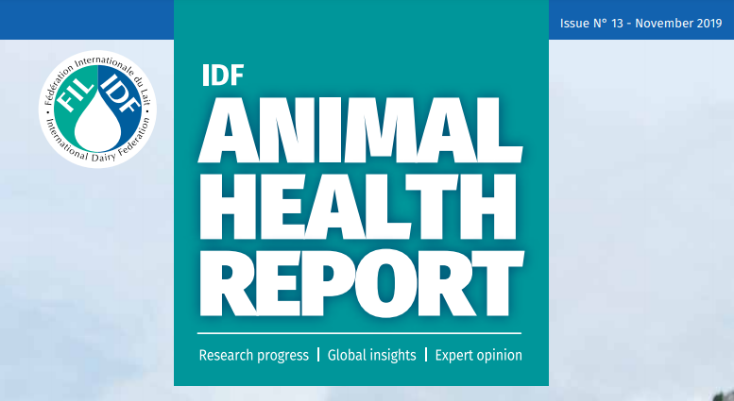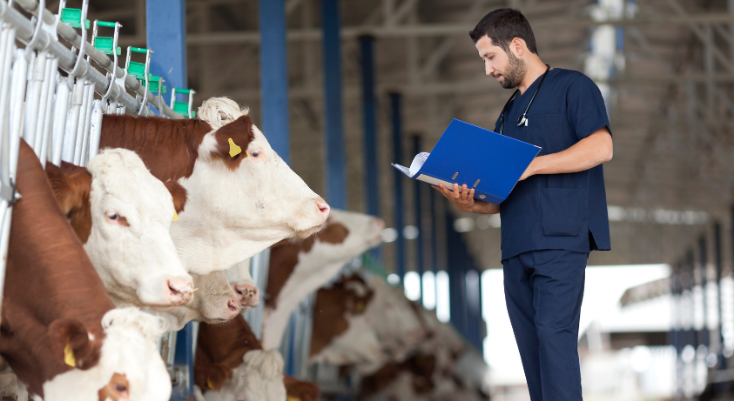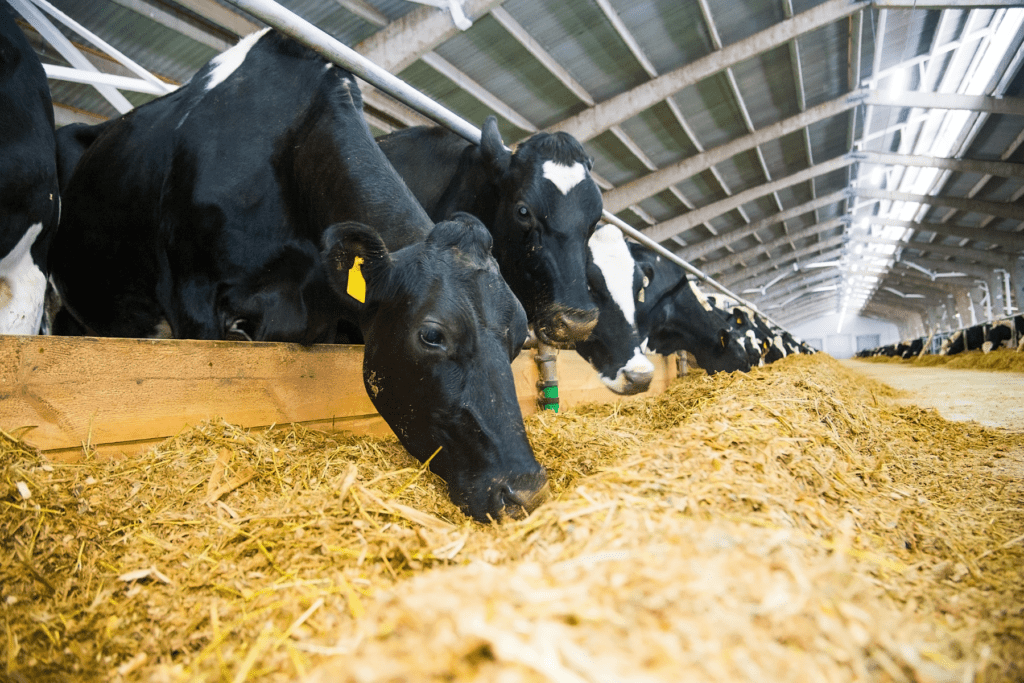The International Dairy Federation (IDF) has today released the 13th edition of its respected Animal Health Report, presenting animal welfare research from nine different countries and showcasing Sweden’s significant experience in this area of research with numerous inspiring case studies.
The new edition of the IDF Animal Health Report is dedicated to dairy welfare and includes information on welfare assessments, dealing with emergency situations, reproduction, lameness, mastitis, new technologies and examples of prolonged cow and calf contact.
For a dairy farmer to produce milk of good quality, the welfare needs of dairy animals must be met, with these needs considered from the perspective of the animal. An animal’s basic needs are linked to addressing the essentials for life in the first instance.
Beyond this, the achievement of good welfare centres around the availability of improved living conditions. The focus areas of animal welfare differ between countries according to history, tradition and culture. Thus, the sharing of knowledge, documentation and systematic approaches on the improvement of animal welfare across borders remains important.
IDF Director General Caroline Emond said of the report: “Milk and dairy products are one of the most nutrient-rich foods for diets worldwide, and healthy and well-cared for animals produce safe and quality milk. This report produced by IDF is an important reference tool, showcasing how the sector promotes the implementation of good animal welfare practices in dairy production at global scale as outlined in our 2019 IDF Guide on Animal Welfare.”
The issue is completed with information on the 3rd OIE annual data collection on antimicrobial agents intended for use in animals, a global livestock initiative which includes responses from 155 countries and is free to download from the IDF website from today.









